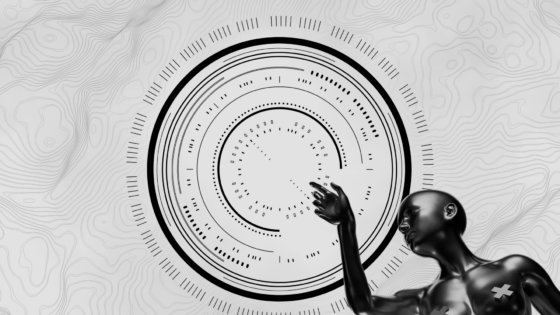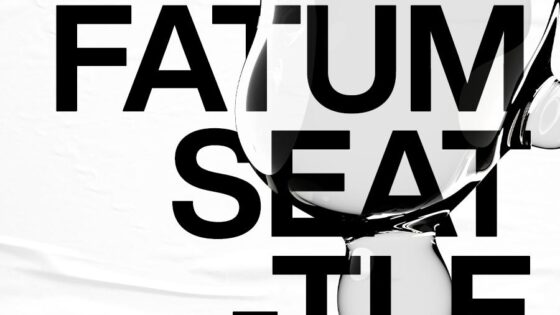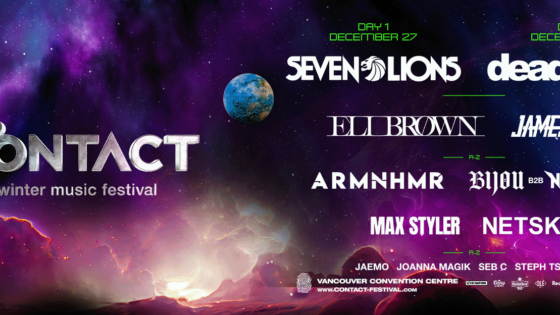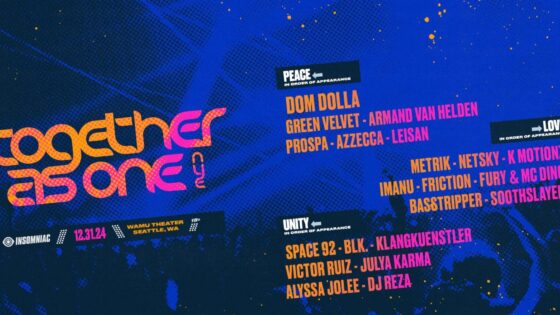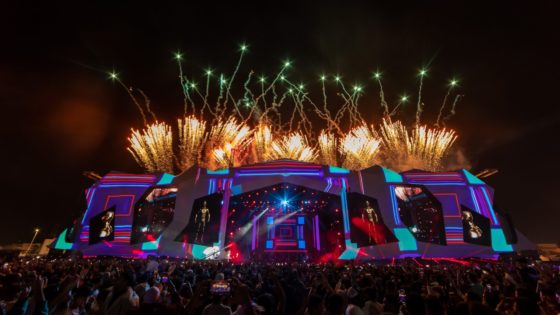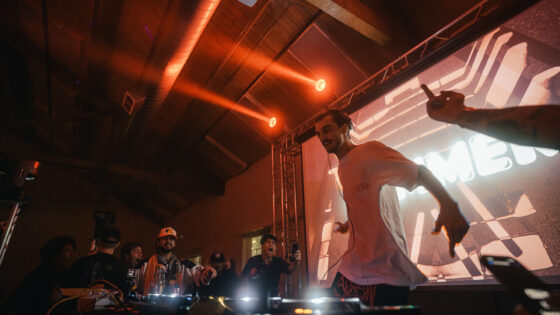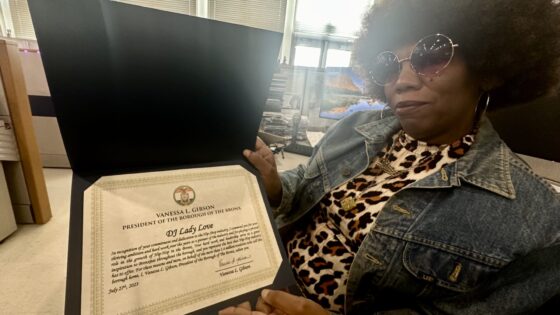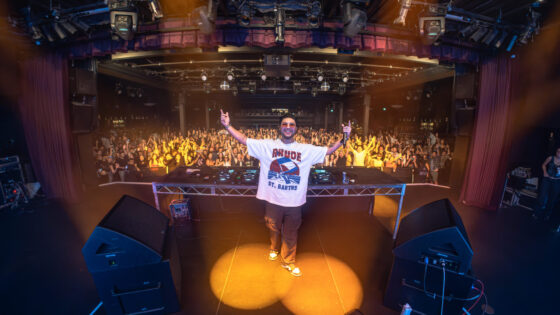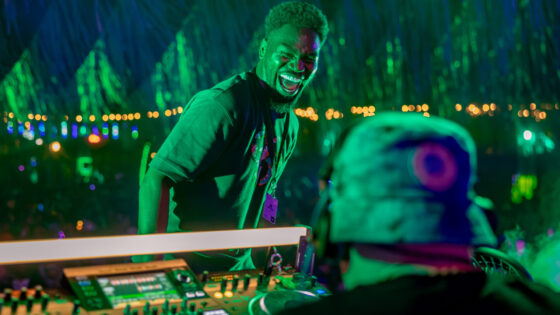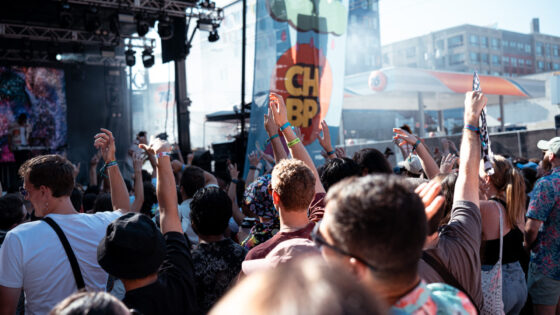The appalling history of musicians committing sexual abuse stretches through decades. As more victims speak up, a defining pattern has emerged in the wake of sexual assault allegations in recent years.
After the allegation surfaces on the internet, artists inevitably jump to their social media offering sub-par apologies. Often favoring a weak “I-didn’t-know-I-did-bad,” they’re condemned publicly for maybe a few years.
However, after public outrage subsides we collectively forget and may return to supporting the artist with more fervor than before. We watch over and over again these often hollow gestures, and I can’t help but beg the question: Does this bring any semblance of justice to the victims?
Graves issues apology following sexual abuse allegations
Trap music DJ and well-established producer Graves is just another example in this cycle. After allegations surfaced on Twitter last week from two women, like clockwork his statement appeared.
Within a few hours his social media channels vanished. Alternatively, he steered straight into a Patreon account where he charged fans to hear “his side of the story” and promised he’d continue releasing music under the radar.
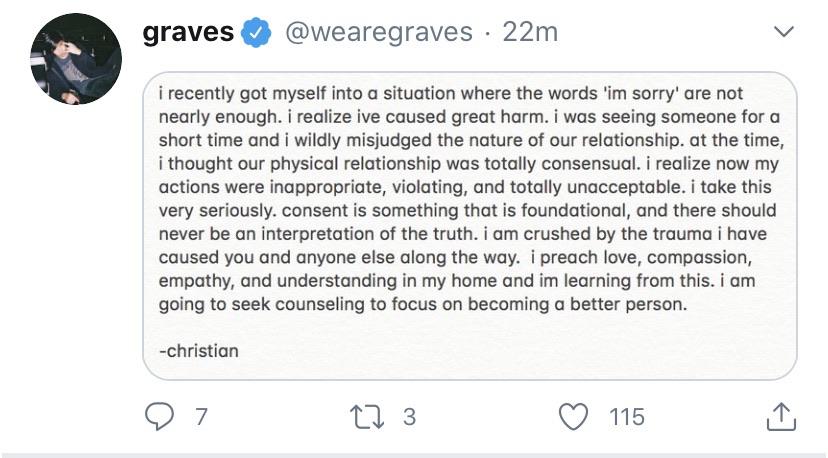
This highlights some of the biggest issues with the apologies that have been offered. Are you really expressing remorse if you deny knowing anything, but also charge a fee to claim things that maybe really did happen were taken out of context? To me this speaks volumes in another chapter of “I’m only sorry I got caught.”
Hollow apologies also open a troubling door to question the victim’s credibility. When an artist argues that they’d never knowingly hurt someone from the pedestal we put them on, it’s far easier to believe them.
In some cases, the backlash that victims face intensify as they are saddled with both the weight of another person’s actions and now morals. Perhaps that’s why public apology statements for intimate violence never feel authentic in nature, and fall miles short of achieving justice.
Community response holding the artist responsible
When personal apologies flounder, the larger community takes on a responsibility to hold an artist accountable. In Graves’s case, the EDM community quickly denounced his behavior.
Without dragging his feet, RL Grime removed their collaboration Arcus from major streaming platforms. Party Favor is donating Reach For Me‘s profits and attempting to take it down as well. A flood of support for the victims poured out, overshadowing the few apologists’ opinions. It’s encouraging to see how widely recognized the bigger group swiftly called out the behavior.
However, posting your support once doesn’t absolve responsibility to critically self-reflect on your own relationships. I fear it’s far easier to vilify a clear example of wrongdoing than inwardly weigh past choices. Virtually every person recognizes a victim of sexual assault but rarely knows a perpetrator. Championing artists for holding each other accountable is still a step forward, but is not all of the work. Musicians’ increased power and status require this reflection even more.
When deciding to pull Graves’ Welcome Records releases, CRAY confirmed that Kayzo sought her advice as a woman with a similar past experience. Open up a larger discussion before excommunicating the artist altogether, following close friend Hex Cougar’s example. Listening to survivors’ stories is a sobering way to realize the commonality of this in our culture.
Y’all. Hayden sat down with me for a couple hours today expressing how he felt and for my opinion on how to best handle this situation from the perspective of a woman who’s gone thru a similar situation. I’m proud of this man who stands up for what is right.
— CRAY (@craymusic) June 12, 2020
Not justice, but maybe a new way forward
The ugly truth is that there is no such thing as true justice. Sure, giving victims a voice and speaking out against sexual assault is a great step. Rescinding support for artists is another step, but neither of those things change their actions. The only form of after-the-fact justice comes from a much larger cultural shift, without even touching the bigger complex systems at play designed to enable and support perpetrators.
Especially when the music industry and rape culture have so many ties, EDM carries potentially even more of the stigma. Regarded as a party scene with fluent recreational drug users, some still equate responsibility to a victim.
Ultimately, the community response in support of the victims coming out against Graves is hopeful. The continued need for support, education and self-awareness is the key to make this music community a safer space for everyone.
Important things happen in Pacific Northwest nightlife, and DMNW will send you alerts!





